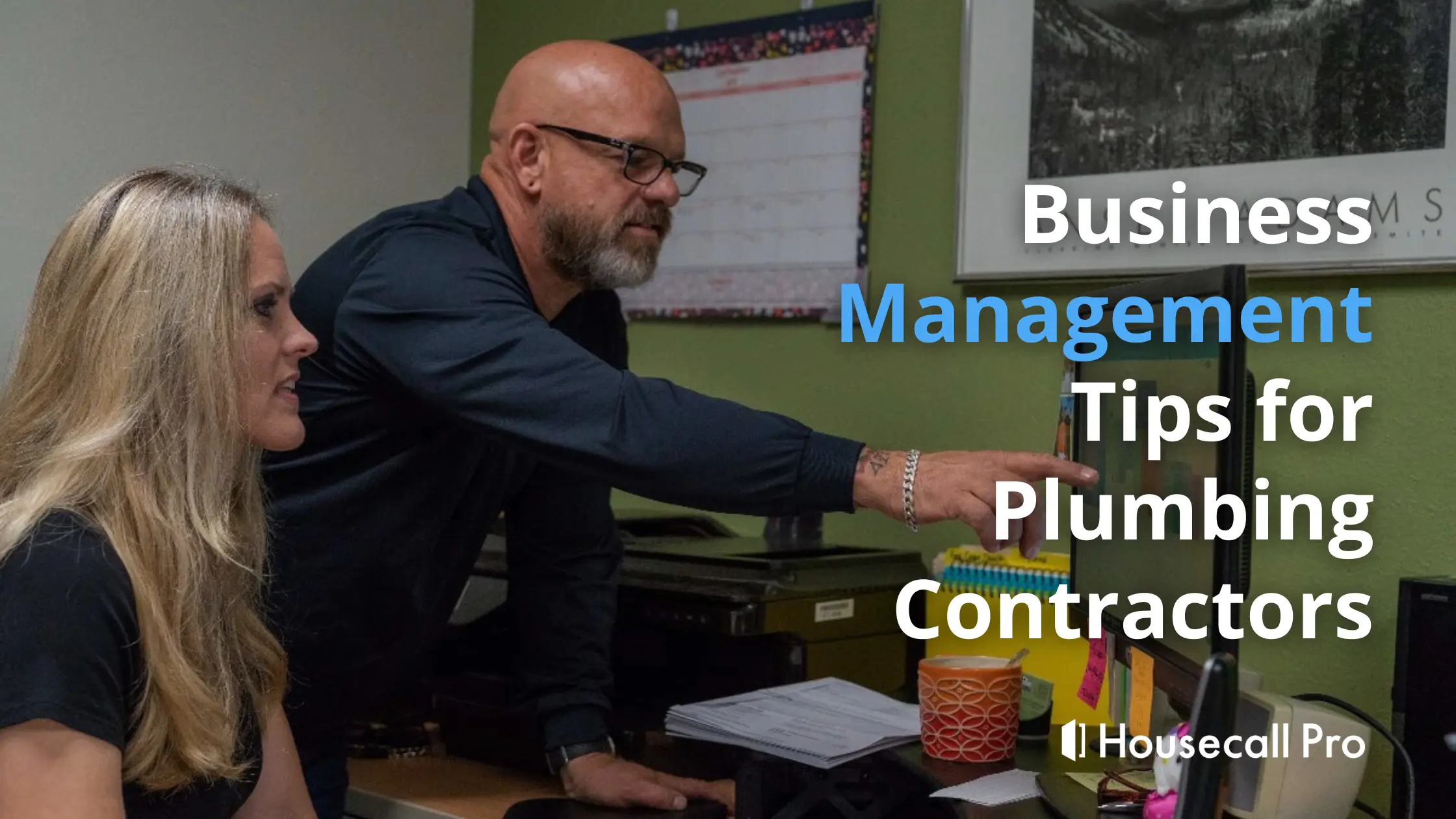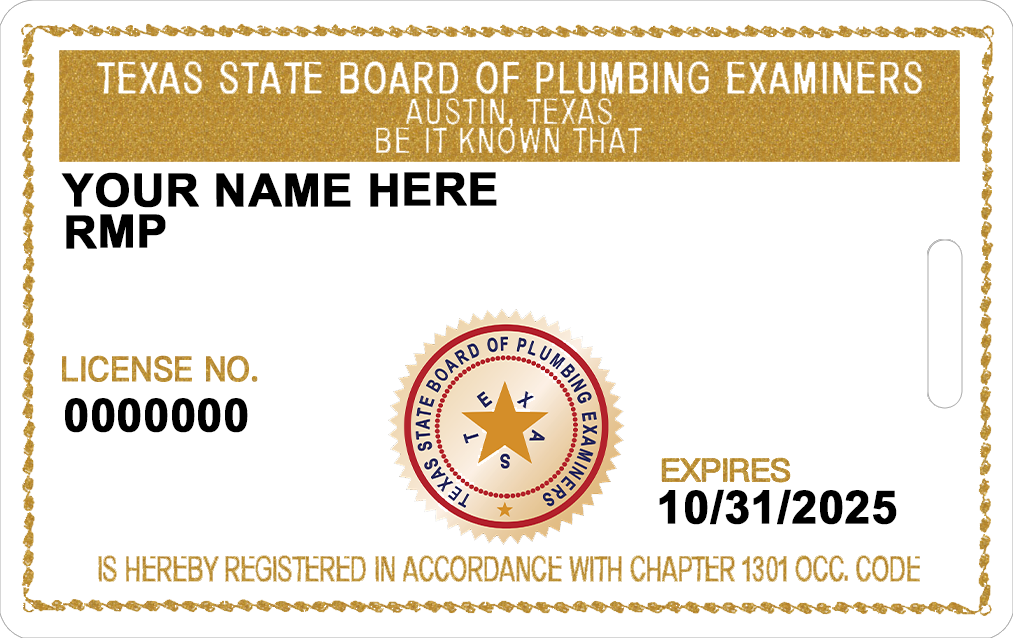Why This Checklist Matters
Choosing the right plumber protects both your home and your wallet. In Colorado, unqualified or dishonest contractors cause thousands of dollars in damage annually.
This 7-point checklist is based on Colorado state regulations and consumer protection best practices. Every item should be verified before any work begins.

7-Point Verification Checklist
Verify Colorado Plumber License
Colorado License Requirements
- • Residential Plumber: Work on 1-4 unit residential buildings
- • Journeyman Plumber: Work under master plumber supervision
- • Master Plumber: Unrestricted commercial and residential work
How to Verify License:
- Visit the Colorado DORA website
- Search "Regulated Business Lookup"
- Enter the plumber's name or license number
- Verify license is active and in good standing
- Check for any disciplinary actions

Verify Insurance Coverage
Required Insurance Types:
General Liability
Minimum $300,000 (Recommend $1M+)
Covers property damage and injuries
Workers' Compensation
Required by Colorado law
Protects you from injury claims
How to Verify Insurance:
- • Request certificate of insurance directly from plumber
- • Call insurance company to verify coverage is current
- • Ensure policy covers the specific work being performed
- • Never accept work from uninsured contractors
Get Written Estimates
Written Estimate Must Include:
- • Detailed scope of work
- • Materials and labor costs
- • Timeline for completion
- • Total cost breakdown
- • Warranty information
- • Payment schedule
Red Flag: Contractors who won't provide written estimates or pressure you to sign immediately are likely scams.
Get Multiple Estimates:
- • Compare at least 3 different contractors
- • Estimates should be within 10-20% of each other
- • Extremely low bids often indicate poor quality
- • High bids may indicate overcharging
Tip: Reputable contractors will explain price differences and help you understand value.
Verify Physical Business Address
What to Look For:
- • Established business location
- • Listed phone number with business name
- • Professional business signage
- • Proper business registration
- • Local Better Business Bureau rating
Red Flags to Avoid:
- • Only P.O. Box address
- • Cell phone number only
- • Door-to-door solicitation
- • No permanent business location
- • Unmarked vehicles or equipment
How to Verify:
- • Google the business name and address
- • Check Colorado Secretary of State business database
- • Look for professional website with contact information
- • Verify business has been operating for reasonable time period
Check Customer Reviews Carefully
Reliable Review Sources:
- • Google Business Reviews
- • Better Business Bureau
- • Angie's List / HomeAdvisor
- • Nextdoor neighborhood app
- • Local Facebook community groups
Target: Look for 4+ star average with at least 20+ reviews from different customers.
Warning Signs in Reviews:
- • All 5-star reviews (likely fake)
- • Reviews all posted on same dates
- • Generic language without specifics
- • No response to negative reviews
- • Multiple complaints about same issues
Red Flag: Contractors who can't provide local references are often inexperienced or have poor track records.
Warranties and Guarantees
Standard Warranty Expectations:
- • Labor: 1-2 years minimum
- • Parts: Manufacturer warranty passed through
- • Major installations: 3-5 years
- • Emergency repairs: 30-90 days
Must Be in Writing: Verbal warranties are difficult to enforce. Get all guarantees in writing.
What Good Warranties Cover:
- • Workmanship defects
- • Proper installation
- • Material defects (as available from manufacturer)
- • Return visits for warranty issues
What's Typically NOT Covered:
- • Normal wear and tear
- • Damage from misuse
- • External factors (freezing, etc.)
- • Routine maintenance
Safe Payment Methods
Acceptable Payment Methods:
- • Business check with proper business name
- • Credit card (provides protection)
- • Bank transfer to business account
- • Cash for small repairs (< $500)
Best Practice: Never pay more than 10% down payment for materials, and never pay in full until work is complete.
Major Red Flags:
- • Demands full payment upfront
- • Only accepts cash payments
- • Wants payment to personal account
- • Pressures for immediate payment
- • No receipt or invoice provided
Scam Alert: Contractors who demand large upfront payments often disappear without completing work.